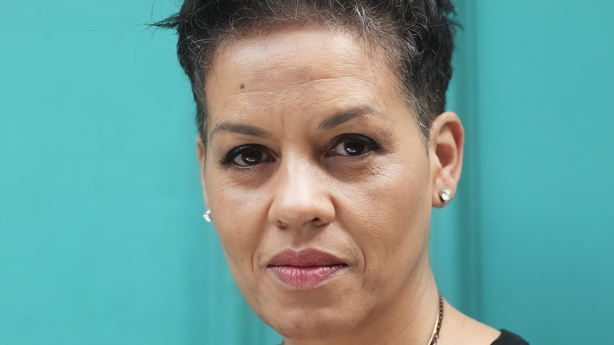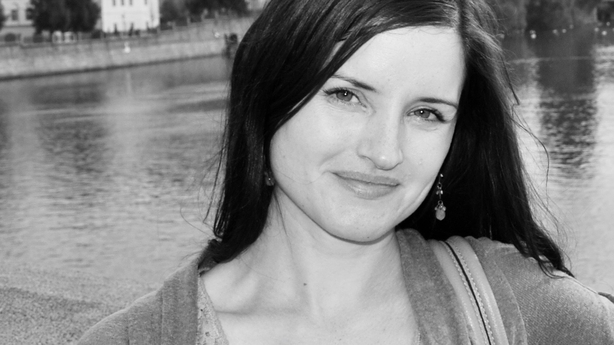What richness can be nourished in Irish literature and the arts by making room for diverse and marginalised perspectives? Historian Dr Angle Byrne introduces Telling the Whole Story: Taking our Place, a panel she will chair this July at the Earagail Arts Festival in Donegal.
Storytelling is a potent tool. It is record-keeping and score-keeping, celebration and mourning, mirth and darkness. It is the cultural memory of a people, painting the picture of their experiences and concerns in the extraordinary and the everyday, and fostering empathy and understanding.
The Irish pride themselves on a strong tradition in storytelling, but in recent years the focus has shifted in terms of what stories we tell. Far from being an organic development, this is a long, slow, and painful process. In 1984, Gay Byrne jolted Ireland awake when, in the wake of the tragic death of Ann Lovett and her newborn son in a Longford grotto, he read live on The Late Late Show some of the flood of letters from women and girls affected by the harsh attitudes that prevailed at the time towards female sexuality and unmarried mothers.

the Whole Story: Taking our Place at this year's Earagail Arts Festival
In the mid-1990s the voices of survivors of so-called industrial schools, Magdalene laundries and other residential institutions raised to a horrifying chorus, challenging Celtic Tiger Ireland to acknowledge some of the darkest clouds over its past. At the outset of the Decade of Centenaries, Catherine Corless published her research on the mass burial of infants and children at Tuam. It was fitting that our state should have faced its 100th anniversary in solemn reckoning with such a dreadful legacy.
As a historian, I am a storyteller and an interlocutor. I attempt to give primacy to voices and experiences from the past that were traditionally neglected, especially women and emigrants.
The stories we tell reflect who we think we are as a people, and how we wish others to perceive us. They record our experiences and our priorities for future generations.
Telling the Whole Story: Taking our Place celebrates thinkers and creatives who have defied erasure. The question of what it means to take one's place in literary culture and creative spaces is one with particular resonance for those traditionally marginalised: women, People of Colour, Irish Travellers, migrants, the poor. The panel will consider identity, belonging and creative practice to explore what it means to reclaim and challenge received narratives.
The panel will include acclaimed writer Kit de Waal, whose upbringing in 1960s Britain with an Irish mother and Caribbean father is the subject of her latest book, Without Warning and Only Sometimes (2022). Also joining will be Independent Senator Eileen Flynn, activist and the first Irish Traveller to address Dáil Éireann, and Donegal poet and curator of this event, Annemarie Ní Churreáin, whose poetry collections Bloodroot (2017) and The Poison Glen (2021) explore the legacies of mother-and-baby homes and other residential institutions. The evening will also feature musical accompaniment by accomplished fiddle player and vocalist Mairéad O’Donnell.

and score-keeping, celebration and mourning, mirth and darkness'.
The stories we tell reflect who we think we are as a people, and how we wish others to perceive us. They record our experiences and our priorities for future generations. An act of historical erasure is performed when diverse voices are excluded. Working towards inclusion means a constant re-evaluation of our history and who is telling it. As the state embarks on its second century, this event is an opportunity to weave a diversity of women’s voices into that process.
Telling the Whole Story: Taking our Place is at Rathmullan House, Co. Donegal on Sunday 23 July at 7pm, as part of this year’s Earagail Arts Festival. Find out more here.

